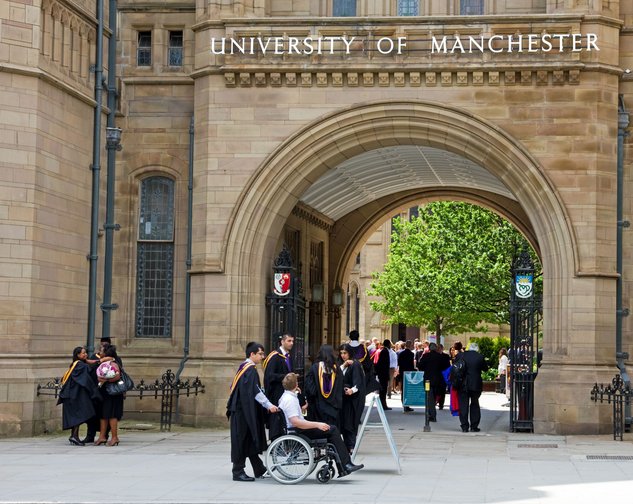Rae now lives at home with their parents, but faces a commute of an hour and 45 minutes to campus, which they described as “a huge burden”. While Rae was given a free bus pass to travel to university, they said their carer was not – meaning they had to fork out. And with frequent bus strikes and cancellations, Rae had to rely on their parents to drive them into the university. Sometimes they were forced to live in a hotel in Bristol, to give their parents a rest. The stress and exhaustion of these daily difficulties affected Rae, who fell behind with their studies.
A University of Bristol spokesperson said: “We are wholeheartedly committed to removing barriers for disabled students so they can have the best possible experience while with us. The University has 11 accessible residences to choose from and we offer a significant reduction in accommodation costs for disabled students, meaning no student with a disability is paying more for the adaptations they need.”
The spokesperson added that the university can accommodate carers in residences, but students “must apply for this so we can get the correct provision in place”.
They concluded, “We are sorry to hear that Rae has had a difficult time over the past year, particularly in accessing the university through public transport. We want them to feel welcome and supported at the university and would encourage them to get in touch with us so we can resolve any issues.”
Student with disabilities face ‘lottery’
Chelsea, a former Nottingham Trent University (NTU) student who uses a wheelchair, has for years been campaigning for more accommodation options for students with disabilities – including lower-cost options.
When she was studying at NTU in 2017, Chelsea noticed a significant price difference between accessible accommodation – which tends to be in modern, better-equipped buildings – and other residences, which are typically older buildings with cheaper rents. She said students with accessibility requirements had no option but to pay bigger bills.
As the university’s disabled students officer, she engaged in discussion with the university but told openDemocracy there were no tangible results. “They knew I was graduating and thought I wouldn’t be there to hold them accountable,” Chelsea said. She is currently trying to gather information on the costs and availability of accessible rooms in universities around the country to create a nationwide database.
A spokesperson for NTU said the university’s approach is “consistent with all the relevant legislation and guidance”. They added: “If a student requires a more expensive room as a result of accessibility and asks for assistance… NTU makes a financial contribution to support the student.”
The National Union of Student’s vice-president for equality and liberation, Nehaal Bajwa, told openDemocracy that the NUS spoke out against changes to the DSA because, “shifting the responsibility to individual universities to cover costs could leave students facing huge delays in getting the adjustments that they need”.
Bajwa added: “At best, the system is likely to become a lottery across institutions. At a time when students across the UK are struggling to find housing at all, it is inexcusable to compound this struggle for disabled students, who already face additional difficulty finding accessible housing.”
A Department of Education spokesperson said: “Under the 2010 Equality Act, universities should be making reasonable adjustments for all their disabled students so we do not expect them or their agents to pass on any additional costs of specialist accommodation to disabled students.
“If a student feels that their university is not making reasonable adjustments for their disability, they should raise this through their universities’ complaints process in the first instance. If the outcome of this is unsatisfactory, students can then submit a complaint to the Office of the Independent Adjudicator for Higher Education.”


Comments
We encourage anyone to comment, please consult the oD commenting guidelines if you have any questions.